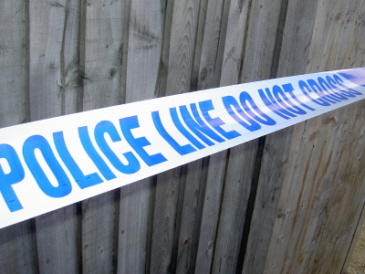Previously, solicitors and groups such as the Innocence Network UK (INUK) were unable to access vital evidence if a case had previously failed an appeal, impeding investigations into alleged miscarriages of justice.
The new ruling means improved access to reports and items from the crime scene which can be tested, re-tested and reviewed by DNA experts. If new evidence comes to light then a strengthened application will be made to the Criminal Cases Review Commission (CCRC), which could then refer the case back to the appeal courts where the conviction could ultimately be overturned.
While requests for disclosure and access can still be refused, the applicant investigating the case can now challenge that decision.
INUK, which was founded at the University of Bristol in 2004 and now has project teams based at 26 other UK universities, gave a third party submission to the Supreme Court, alongside JUSTICE and The Criminal Appeals Lawyers’ Association (CLA).
The submission was underpinned by an extensive body of research by its founder and director Dr Michael Naughton, Reader in Sociology and Law at the University of Bristol and an academic expert on miscarriages of justice, who has considered the limitations of the CCRC in a number of academic books and peer-reviewed academic articles.
He said: “The importance of this judgment cannot be overstated as it would have been catastrophic had the Divisional Court judgment been upheld. This ruling, however, ensures the continued viability of the work of solicitors and innocence projects in assisting alleged innocent victims of wrongful conviction and imprisonment.
“The new revision of the Attorney-General’s Guidelines will enable solicitors and innocence projects to continue to undertake investigations to strengthen their applications to the CCRC. It will facilitate solicitors and innocence projects to give their clients a better chance of having their cases referred back to the Court of Appeal and, ultimately, of achieving justice.”
Read more about the judgement on the University of Bristol Law School website.
Taking their lead from similar projects in the USA, an innocence project typically sees a group of students investigating the case of a convicted person maintaining factual innocence who has exhausted the initial appeals process and available legal aid. Innocence projects work under close academic supervision and, where appropriate, with legal assistance from practising lawyers and forensic scientists on a pro bono basis. Together, INUK’s member innocence projects are investigating just over 100 cases of alleged wrongful convictions.
